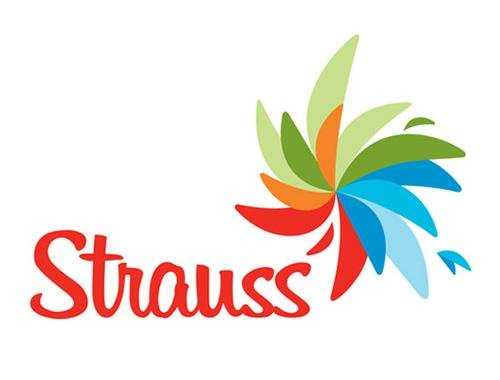Share your coffee stories with us by writing to info@comunicaffe.com.
MILAN – Israeli foodmaker Strauss Group posted a 4% gain in third-quarter net profit, amid rising home consumption of dairy, salads and other products during the pandemic. Coffee sales fell 13.6% on year to 851 million shekels (US$ 252.9 million), but were up 1.4% excluding foreign exchange effects. The Group reported a net profit of 158 million shekels ($46.9 million) in the July-September period, up from 153 million shekels a year earlier.
However, revenue fell 3.1% to 2.17 billion shekels (US$ 644.9 million), although organic growth excluding foreign exchange effects from a stronger shekel was 3.9%.
In its retail business the company delivered sales growth, particularly in product categories suited to at-home consumption, but in parallel, the closure of restaurants, hotels and cafés for extended periods as well as the drop in impulse purchases have negatively affected the Group’s sales in most companies, the coffee company in particular.
The foreign currency effect on the company’s sales in the third quarter amounted to approximately NIS 163 million (US$48.4 million), of which NIS 136 million are the result of the depreciation of the Brazilian real against the shekel. In the first nine months of 2020 the foreign currency effect amounted to approximately NIS 429 million, of which NIS 351 million are due to the weakening of the real against the shekel.
Operating profit was NIS 250 million (US$74.3 million), up 4.8% (excluding FX effects). On translation into shekels this reflects a drop of around 2.3% compared to the corresponding quarter last year. The operating profit (EBIT) margin was 11.5%, up 0.1% compared to the corresponding quarter.
Strauss Coffee
In the third quarter, Strauss Coffee demonstrated growth both in local currency sales and in quantities sold in most of the company’s operations. However, business was also affected by the drop in sales to the AFH market, i.e. institutional customers including hotels, cafés and restaurants, as well as the discontinuation of most of the business of the Elite Café chain in Israel during the quarter as a result of the second lockdown. The coffee company’s total revenue in the third quarter was approximately NIS 851 million, up 1.4% (organic) in local currency.
The coffee company in Israel wrapped up the third quarter with approximately NIS 175 million (US$52 million) in revenue, down 10.4% compared to the corresponding period last year, mostly as a result of the drop in sales to the AFH market and discontinuation of the activity of the Elite Coffee To Go chain in September.
The coffee business in Brazil, carried out through the Três Corações joint venture, which is mainly active in the home consumption market, grew by around 10.0% in the quarter in local currency thanks to growth in sales volumes. The company’s market share, which includes the market share of Mitsui’s recently acquired coffee business, was 31.0% of the Brazilian coffee market at the end of the quarter.
Overall, the coffee operation in Eastern Europe recorded business growth as well as growth in operating profit in local currency, and an increase in quantities sold. The business in Russia and Ukraine grew by about 5.5% in the quarter as a result of an increase in sales volumes, and in Romania sales grew by around 4.3% in local currency. In Poland and Serbia sales volumes remained effectively unchanged.















